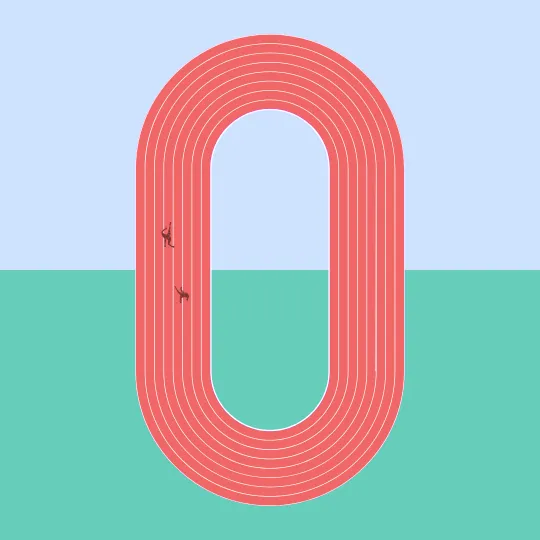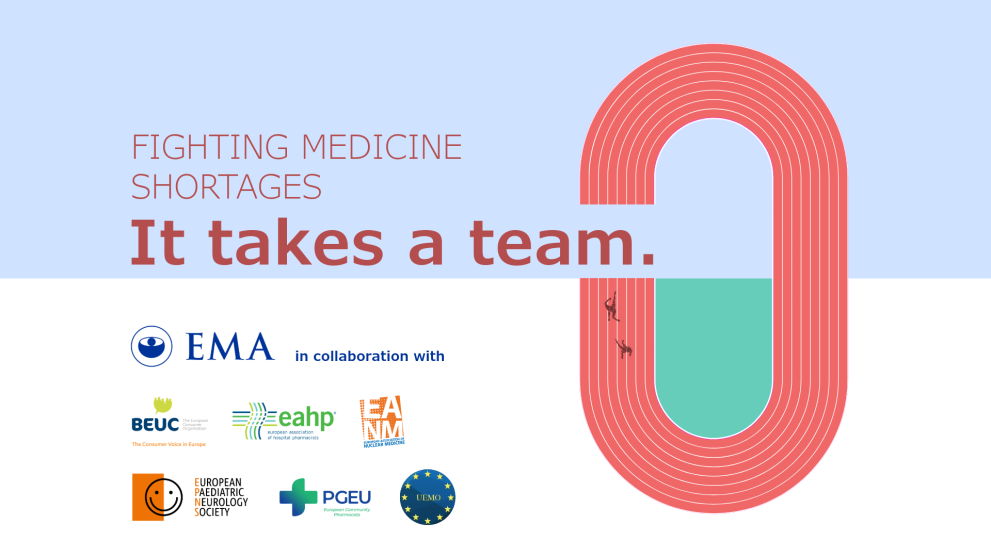
Fighting medicine shortages: It takes a team
The European Medicines Agency (EMA), together with consumer and healthcare professional organisations, is running the #ItTakesATeam campaign to highlight how different actors work together to help patients during medicine shortages.
Human
Veterinary
Data on medicines
Medicine shortages
Medicines




